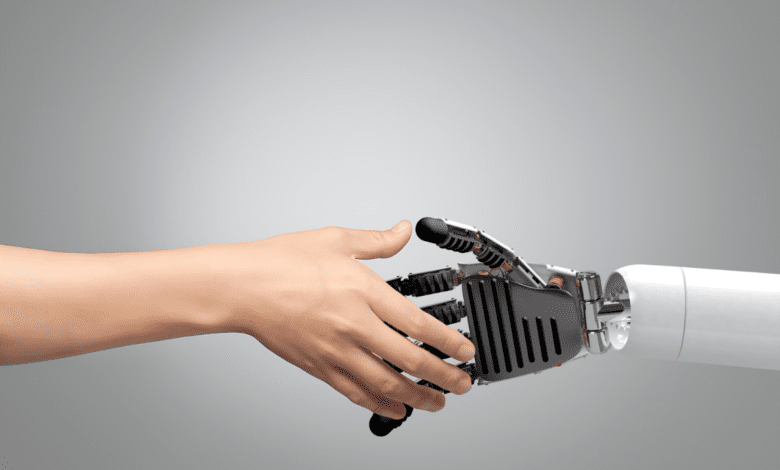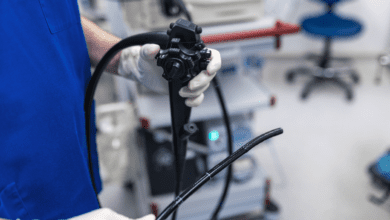Tech Alone Falls Short in Obesity Treatment Without Human Coaches

A new Northwestern Medicine study reveals that technology by itself cannot replace the effectiveness of human coaching in obesity treatment. The research, led by Bonnie Spring, director of the Center for Behavior and Health at Northwestern University Feinberg School of Medicine, highlights that patients who received only tech-based interventions lost significantly less weight compared to those who also had a human coach involved.
“Relying solely on technology in the early stages of obesity treatment leads to far poorer weight loss outcomes than when combined with human coaching,” said Spring.
The demand for affordable and scalable obesity treatments has grown due to rising obesity rates and associated healthcare costs. While mobile tools such as apps, smart scales, and fitness trackers encourage engagement, the study shows they don’t yet match the success rates achieved when paired with human support.
In the SMART Weight Loss Management trial, participants who started with only technology were less likely to achieve meaningful weight loss (at least 5% of body weight) compared to those who also had a coach. Even when the study intensified interventions after just two weeks for low responders, the gap in results persisted for six months.
Spring notes that while AI might eventually replace human coaches, current technology isn’t advanced enough to fully deliver the emotional connection and adaptive feedback that humans provide. “We may be close to having AI that can mimic a coach, but we’re not there yet,” she said.
The researchers are now studying what makes human coaching so effective — is it empathy, tone, or context awareness — and how AI can replicate these elements.
While anti-obesity drugs and bariatric surgery are options, they often come with high costs, health risks, and limited accessibility. Spring also mentioned that many patients stop taking anti-obesity drugs like GLP-1 agonists within a year, often against medical advice.
Interestingly, 25% of participants in the tech-only group still achieved meaningful weight loss after six months without additional interventions, suggesting that for some, basic digital tools may be enough. However, matching the right treatment intensity to individual needs remains a challenge in obesity care.
The SMART study was a randomized controlled trial using a stepped care approach, where treatment starts with the least resource-intensive option and escalates only if needed. Half of the participants began with technology alone (an app, Wi-Fi scale, and Fitbit), while the other half started with both tech and coaching support.
The study, published in JAMA on May 14, was co-authored by Dr. Juned Siddique, Jean Reading, Samuel Battalio, Elyse Daly, Laura Scanlan, and H. Gene McFadden.





